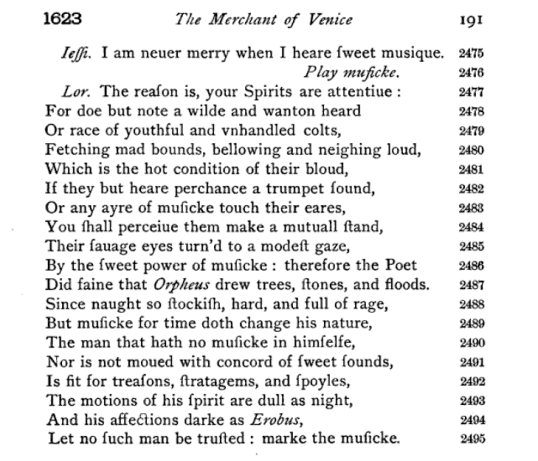From Conan Doyle’s “Lot № 249”
 I recently got a used copy of Hauntings: Tales of the Supernatural, ed. Henry Mazzeo, with illustrations by Edward Gorey (1968). I’m about a third of the way through it and Sir Arthur Conan Doyle‘s “Lot № 249” (pp. 61-93), first published in 1892, is so far, and will probably remain, a favorite. (Text online here.) Here are a few especially fine lines:
I recently got a used copy of Hauntings: Tales of the Supernatural, ed. Henry Mazzeo, with illustrations by Edward Gorey (1968). I’m about a third of the way through it and Sir Arthur Conan Doyle‘s “Lot № 249” (pp. 61-93), first published in 1892, is so far, and will probably remain, a favorite. (Text online here.) Here are a few especially fine lines:
- “Yet when we think how narrow and how devious this path of nature is, how dimly we can trace it, for all our lamps of science, and how from the darkness which girds it round great and terrible possibilities loom ever shadowly upwards, it is a bold and confident man who will put a limit to the strange by-paths into which the human spirit may wander.” (62)
- “…but apart from their dress no one could look at their hard-cut, alert faces without seeing that they were open-air men — men whose minds and tastes turned naturally to all that was manly and robust.” (63)
- “They knew each other very well–so well that they could sit now in that soothing silence which is the very highest development of companionship.” (63)
- “There’s something damnable about him — something reptilian. My gorge always rises at him. I should put him down as a man with secret vices — an evil liver.” (64)
- Of a textbook of anatomy: “…plunged into a formidable, green-covered volume, adorned with great, colored maps of that strange, internal kingdom of which we are the hapless and helpless monarchs.” (65)
- “With his firm mouth, broad forehead, and clear-cut, somewhat hard-featured face, he was a man who, if he had no brilliant talent, was yet so dogged, so patient, and so strong that he might in the end overtop a more showy genius.” (66)
- “What a chap you are to stew! I believe an earthquake might come and knock Oxford into a cocked hat, and you would sit perfectly placid with your books among the ruins.” (75)
- “He has spoiled my night’s reading, and that’s reason enough, if there were no other, why I should steer clear of him in the future.” (77)
- “Bellingham’s face when he was in a passion was not pleasant to look upon.” (77)
- “…as he was a bachelor, fairly well-to-do, with a good cellar and a better library, his house was a pleasant goal for a man who was in need of a brisk walk.” (80)
- “With his fat, evil face he was like some bloated spider fresh from the weaving of his poisonous web.” (84)
- The story’s closing line: “But the wisdom of men is small, and the ways of nature are strange, and who shall put a bound to the dark things which may be found by those who seek for them?” (93)
In addition, on p. 63 is the usage of “liquor” as a verb (= to drink liquor): “I don’t liquor when I’m training.” (For some other examples, see the OED s.v., mng. 6, where it is said to be slang.)
Conan Doyle is known, of course, especially for the Sherlock Holmes stories, but there’s more to his œuvre than that, and this story merits Mazzeo’s selection and reprinting in Hauntings, as well as, perhaps, your reading.

